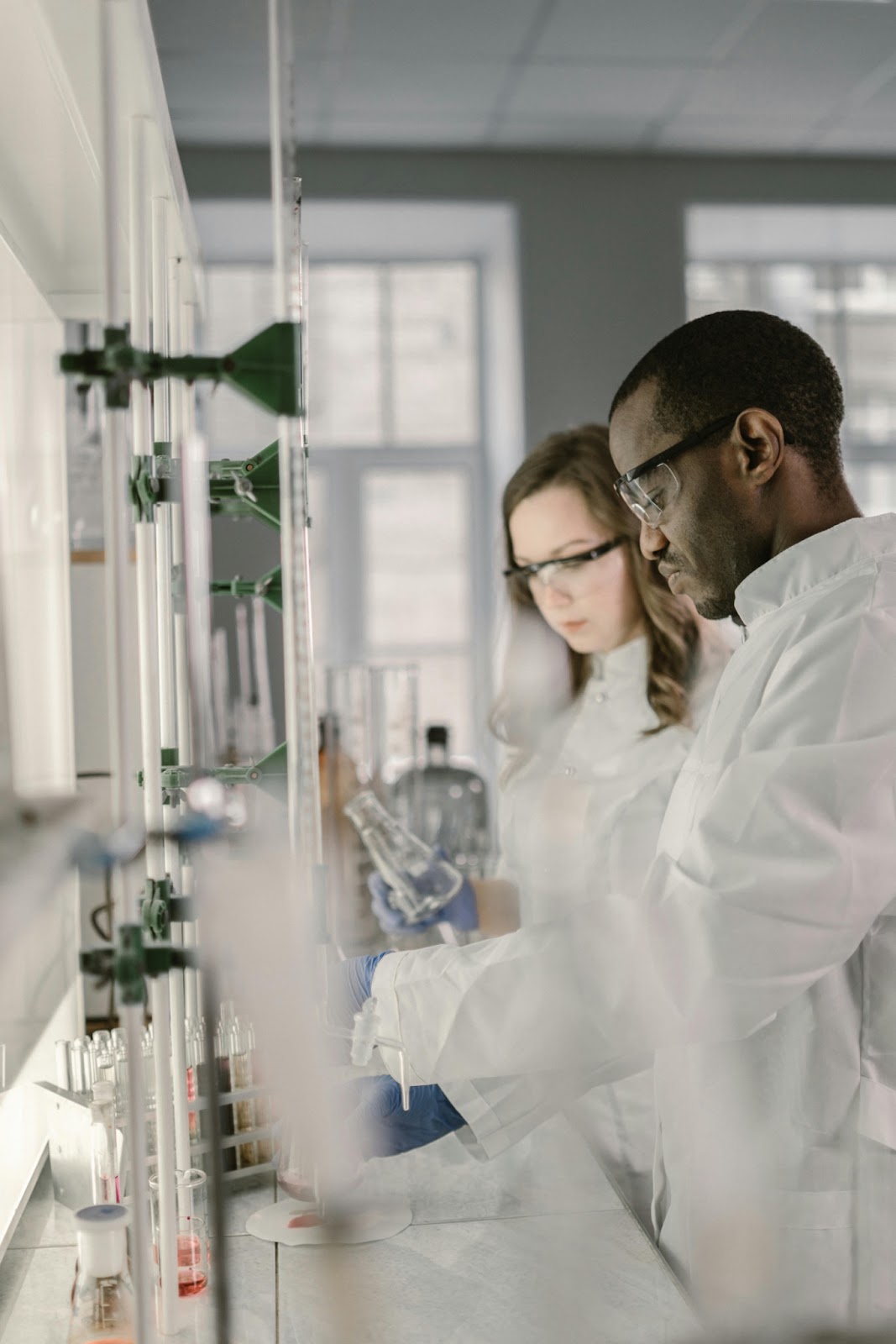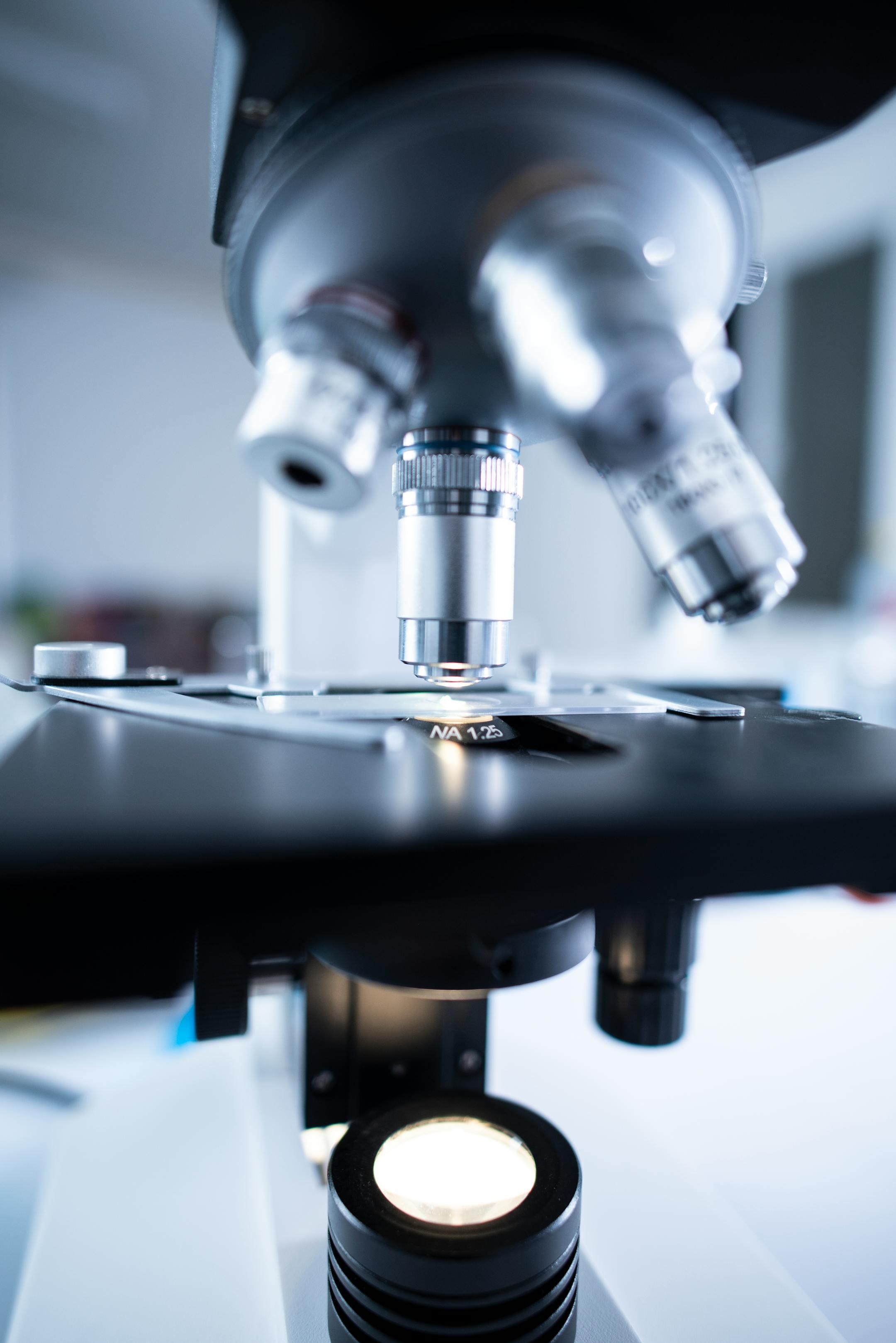Step into any cutting-edge biotech facility today and you’ll hear it — the subtle hum of systems working in harmony, valves shifting, sensors pulsing, code translating molecules into measurable data. Invisible to most, yet essential to all, automation is no longer a luxury in life sciences. It's the spine. And behind that spine? The unsung architect: the
automation engineer biotech.
But let’s slow down. This isn’t just about machines. It’s about momentum.
Biotech Is Evolving — Fast. Automation Is the Fuel.
Biotech used to be cautious, calculated, maybe even clunky. Long lead times. Manual logs. A lot of waiting. That’s changed. Today’s landscape demands speed without sacrificing precision. Think: cell therapies that need to go from bench to bedside before a patient’s condition declines. Think: biologics that can’t afford a temperature fluctuation or a missed data point.
Enter automation. Not in the form of one-size-fits-all robots, but as tailored, intelligent systems — dynamic tools designed by people who understand that a wrong line of code can cost millions. The automation engineer biotech doesn’t just program systems. They design order from chaos, building processes that breathe with the pace of innovation.

Five Game-Changing Technologies You Shouldn't Ignore
Ready? Here's what’s making waves in biotech automation — and why you should care.
Digital Twins: Simulate Before You Risk
Imagine duplicating your facility virtually, down to every pump, pipe, and protocol. Now imagine testing new parameters there before implementing them in real life. That’s a digital twin. It’s not sci-fi. It’s today. And automation engineers are making it standard — saving time, reducing errors, and giving decision-makers a crystal ball.
Single-Use, Fully Automated Systems
Forget stainless steel. Disposable bioprocessing systems are dominating, especially in gene therapy. But single-use doesn’t mean simple. These systems must be automated precisely — sensors, flow controls, batch records — and validated rigorously. One slip? Contamination. One missed variable? Regulatory failure. This is where a sharp automation engineer earns their weight in gold.
Cobots That Play Nice
Traditional robots are fenced off, caged like tigers. Cobots? They work right beside your scientists. They pipette. They label. They load centrifuges without complaint. But don’t mistake them for toys — integrating cobots into GMP environments requires a deft hand, a clear mind, and a keen understanding of risk.
Modular Automation Platforms
Why rebuild a system when you can reconfigure it? Modular platforms — often described as "Lego for engineers" — allow facilities to pivot on a dime. New product? New step? Add a module. Smart automation engineer biotech professionals design these systems to bend, not break, under pressure.
AI-Integrated Process Control
We’re talking more than just trend charts. AI is moving into the control layer — spotting anomalies, adjusting setpoints, suggesting optimizations in real time. But integrating AI requires automation engineers who can speak both languages: that of machine learning
and bioprocess constraints. It’s not a plug-and-play scenario — it’s art, guided by science.
So, What’s the Role of the Automation Engineer in Biotech Today?
They’re translators. Interpreters. Systems architects. They take the complexity of a living system and express it in code, hardware, and process flows. They understand FDA regulations, PLCs, SCADA, PID loops, and, crucially,
people. Because automation doesn’t live in isolation — it works when it works for the humans who operate it.
Biotech isn’t forgiving. Timelines are tight. Standards are high. Failures aren’t private. But with the right automation strategy — and the right engineer behind it — what once felt impossible becomes executable.
What This Means for You
If you’re still managing biotech operations with clipboards and crossed fingers, consider this your wake-up call. Automation isn’t coming — it’s already here, reshaping what’s possible.
Contact our team at Bothwell Engineering to connect with automation engineers who understand biotech from the inside out.
